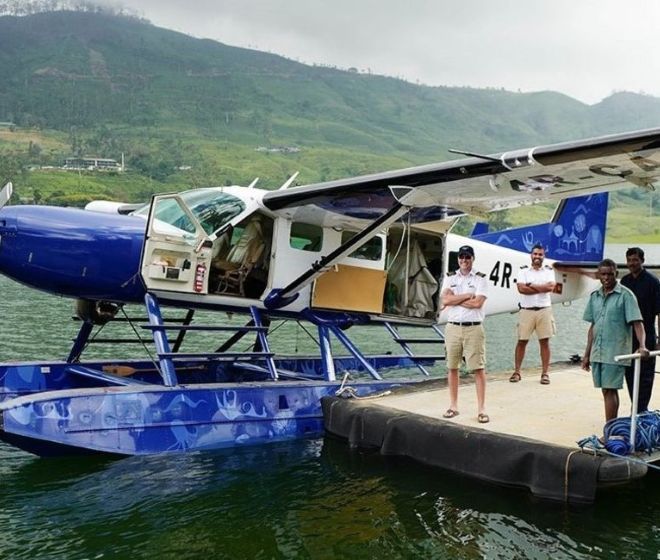
Elephant Census in Sri Lanka 2019
Elephant census in 2019 schedulled as below
-
Program – Island wide Elephant census 2019
-
Date – 13th & 14th September 2019
-
Principal agency – DWC – Department of Wildlife Conservation Sri Lanka
-
Technology – Water Hole
-
Purpose – To obtain an accurate figure of Elephant Count Island wide
-
Last Elephant Census – 2011
-
First Elephant Census in Sri Lanka – 2011
-
Results of 2011 Elephant Census – 5.879 includes 122 tuskers – male elephants with tusks – and 1,107 calves.

Department of Wildlife Conservation (DWC) Sri Lanka has declared an island wide wild elephant survey in Sri Lanka on L3th & 14h September 2019. The survey would give the information on wild elephant population and their distribution, the number of males and females, number of juveniles and carves present in the island. Such information is very vital to formulate management strategies for the conservation of wild elephants in the country.
The DWC has conducted a similar survey in 2011 using a survey technique called Water Hole Count.

Similarly, in this survey also, the DWC has decided to use the same technique. Basically this technique is used when the country experiences a dry spell during dry season. Surveyors have to be deployed at the water bodies / water holes where water still remains even in the dry spell, to carry out a visual counting of elephants who visit the water bodies for drinking/ bathing during the scheduled period of two days throughout the island. Total 2256 identified survey points clustered in to 248 Sub Sectors and 55 sectors in 11 wildlife regions which consists of the districts.

Before starting the survey all the surveyors will be educated and trained on elephant identification and the data collection. Several training programs will be held in centrally located places in each Sector or Region.
Source – Department of Wildlife Conservation Sri Lanka



